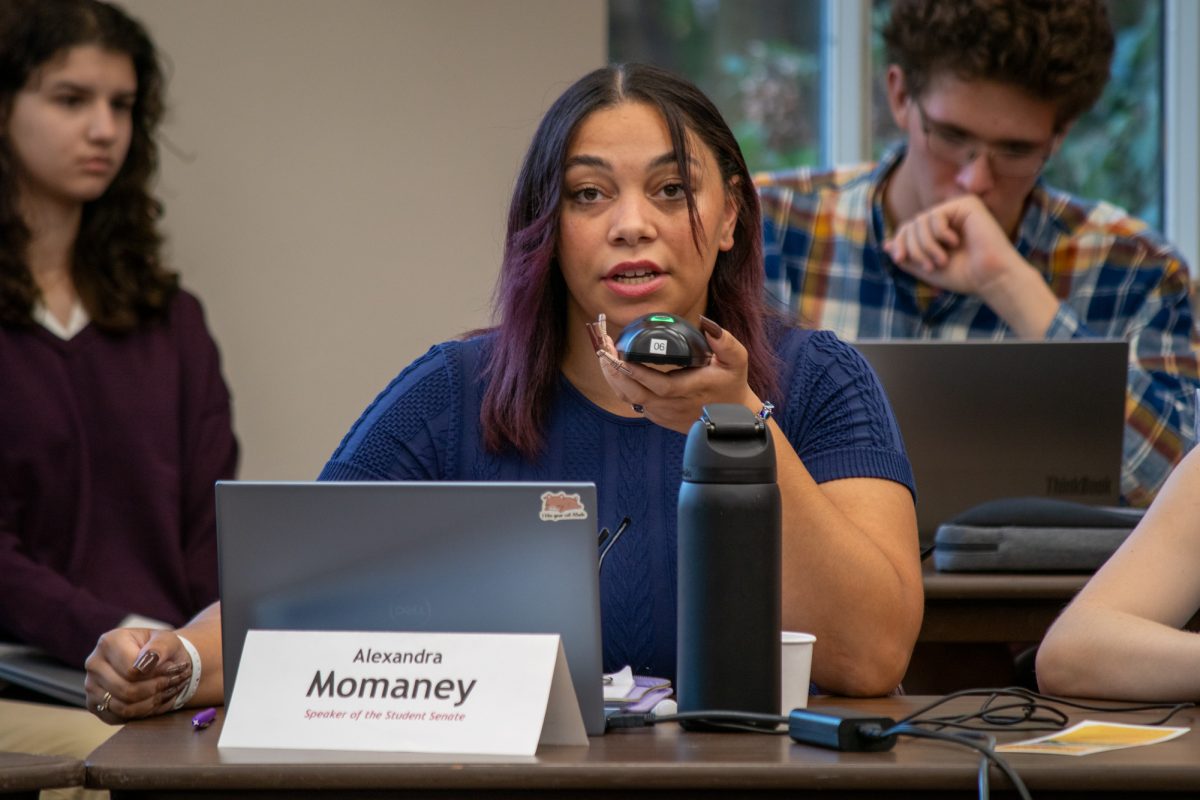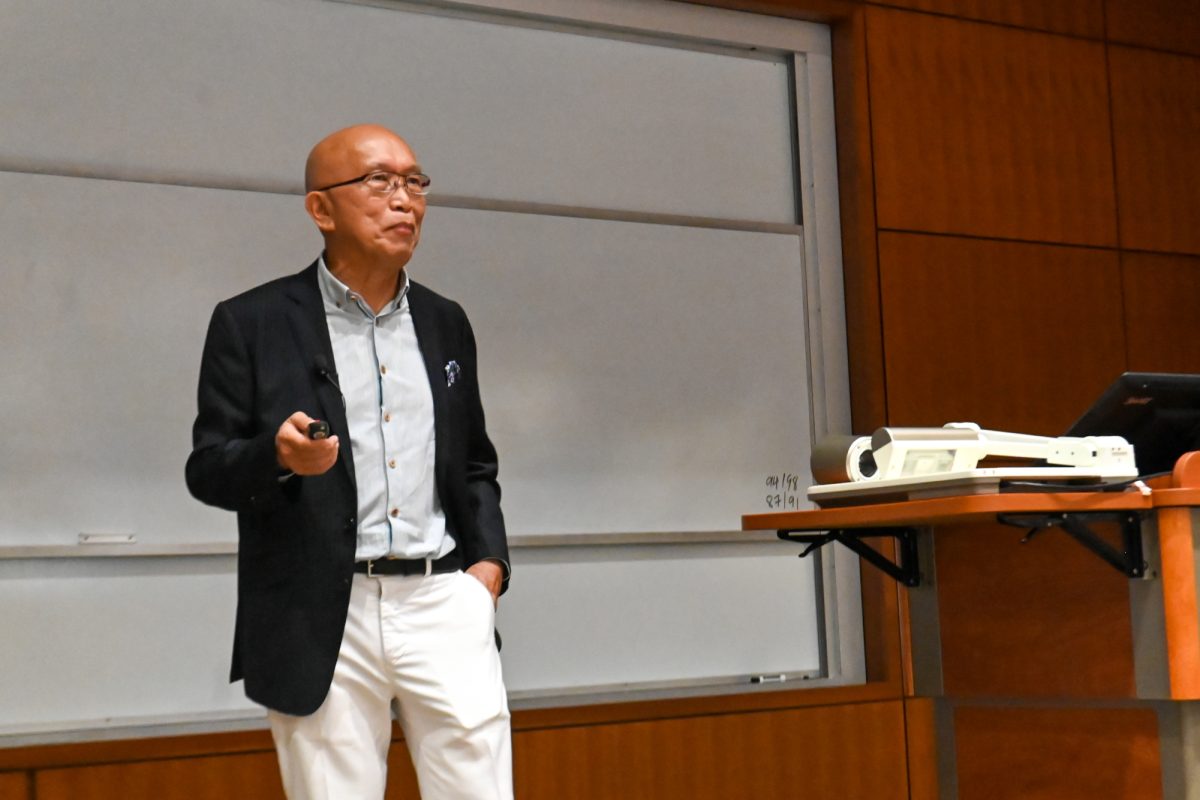Accept the challenge of lesbian literature
September 15, 1998
Last week, the Daily reported that six students had withdrawn from a course called Women’s Studies 345/English 345. This was important news, I guess. The students “walked out” on the first day because the course had been changed from “Autobiographical Fiction by 20th Century Women” to “Woman Identified/Lesbian Literature.”
Although I don’t remember any similar stories on how many students withdrew from English 104 because they didn’t like the teacher’s style or because of the number of essays they had to write, I’m certain the numbers were more significant.
In my opinion, the number of freshmen who shuffled from one English 104 class to another, all in search of a teacher they liked better, is more important than a few students who were either uncomfortable with the subject of lesbian fiction or bothered by the presence of a few “out” lesbians in the class.
Whether the defecting students’ interests were in women’s studies or women’s literature, I’m sure taking the class would have improved their awareness of a largely unrecognized group of women in our society. But, as we all know, there are other dynamics, other comfort levels, at play here.
The problem is that we Americans have a bad habit of running away from uncomfortable situations. My friend Ron, a retired teacher who used to teach AP English, used to tell his whining high school students that life is supposed to be uncomfortable, and I agree. Why settle into that easy chair for life when there is so much to do, so much to learn, so much to experience in the world? If you came to college to be comfortable, you’re wasting your money.
A perfect example is Calculus 165, the lowest level of calculus offered here. If you aren’t scared out of your mind that you may not be able to do the work, then you don’t belong there. Why should you be able to throw off the curve for all the rest of the students who actually want to take on the challenge of something new? I know, it’s so you can get an A to add to your pretty, little GPA. But why come to college and pay all that money to get credit for what you already knew when you got here?
I went to high school in East Los Angeles, where many of the students spoke Spanish at home. I wasn’t so lucky: my Mexican-American father’s idea of acculturation was to speak no Spanish at all.
By the time I got to high school, I was just a little pissed off to have native speakers in my Spanish classes. I knew they needed four years of foreign language credit for college, but all I wanted to do was learn la idioma de mi gente. I was busting my butt trying to memorize vocabulary they had used since birth. I never even came close to earning an A in that class, not in year one, year two, year three or year four. But I stuck with it (even though I was positive the teacher didn’t like me), and I did learn a hell of a lot of Spanish.
The difference is that high schools rarely offer alternatives to advanced students, while colleges do. Colleges actually specialize in challenges.
Each student should ask himself or herself this question: Did you come to college to replicate your home life? If yes, why did you bother leaving home? You could have stayed home and continued to model your values and beliefs and actions after the people who raised you. But instead, each and every one of us chose to leave home and go to college.
Pardon me if my assumption is incorrect, but this says you were looking for something more, something different and maybe even a challenge or two along the way.
I just can’t understand, then, why some students would rather avoid than face those challenges. Taking a class from someone whose style is different than what you are accustomed to gives you an opportunity to stretch yourself beyond previous limits. Taking a course about something that asks you to think about things in a new way is no different. How can this not be good for you?
When we choose to expose ourselves to issues and values that are different than those we have always taken for granted, we have a chance to re-evaluate those values. That doesn’t mean we’re going to throw out everything we knew and start over again, but at least we will be aware of what we believe, why we believe it and how differently other “reasonable” people feel about the same issues.
Be a total student. We need to be more open-minded about the things we know nothing about and, perhaps, the result will be a pleasant surprise. Kathy Hickok probably goes out on a professional limb to guarantee that we have opportunities to learn about all aspects of literature, not just those that were considered “acceptable” back home. That’s why we came here, and Professor Hickok is giving us our money’s worth.
Kata Alvidrez is a graduate student in English from Los Angeles, Calif.






